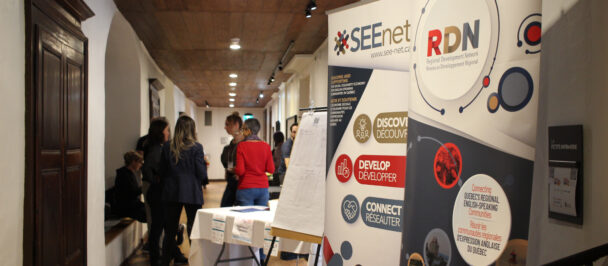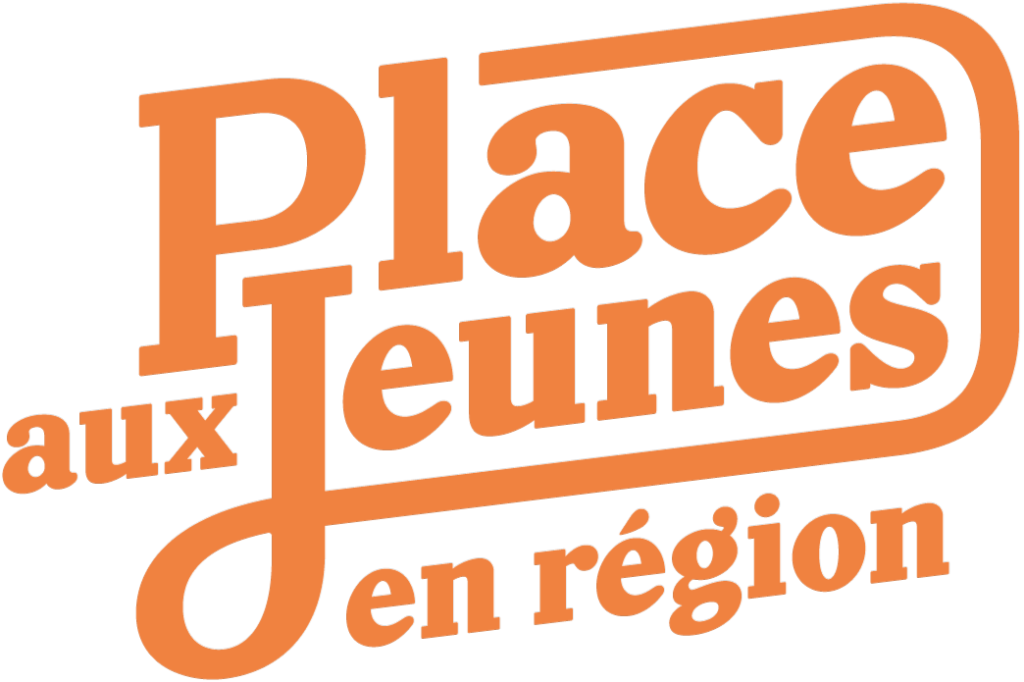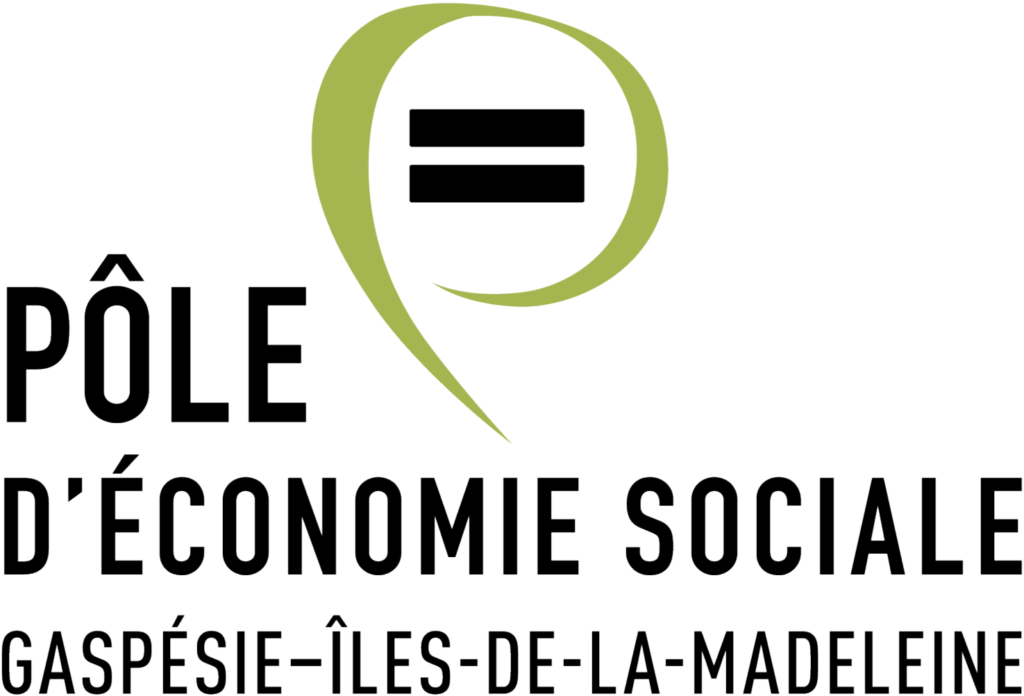In early June, representatives of RDN—Cathy, Jano, Hoffman, and Olivia—visited one of our member organizations, the Council for Anglophone Magdalen Islanders (CAMI) in the Magdalen Islands, Québec. The plan was to discuss CAMI’s employment and social-economy initiatives with the team and other local stakeholders in preparation for their upcoming strategic planning process. Nicholas Salter, Chad Walcott, and Sta Kuzviwanza from the Provincial Employment Roundtable (PERT) were also there to gather information related to employment in the islands and to participate in the meetings with Brenda Déraspe from Carrefour jeunesse-emploi des Îles and Carole Vigneau from Emploi Québec.
Aside from Cathy, it was everyone’s first time to visit the Magdalen Islands, and the experience was beneficial for all. The days were packed with visits to area sites and meetings with local representatives of government, non-profits, and social enterprises. And there was, of course, some lobster!
CAMI’s Investment in Social Enterprises
The English-speaking community on the islands is aging and heavily involved in the seasonal fishing industry. For about a decade, CAMI, through its social economy subsidiary, L’Entreprise sociale les Îles, has been using social enterprises as a way to develop the socio-economic potential of the region while highlighting the heritage of the English-speaking community on the Magdalen Islands. Primarily focused on increasing cultural and agri-food tourism, CAMI’s social economy initiative began with Grandma’s Bakery. Featuring enticing baked goods made with recipes from the island’s English-speaking community, the bakery is part of the CAMI Heritage Complex in Grosse-Île, which also includes the Little Red School House and Veterans museums. CAMI’s two other social enterprises are a drop-in daycare program for young families and a repurposed former senior citizens’ home that provides housing for workers of all ages.
CAMI has also partnered with a local non-profit organization to transform a former Anglican church into an exhibit that pays homage to Magdalen Islanders who lost their lives to the sea.
Working in Partnership
CAMI is working to develop new collaborations with other local social economy enterprises. The RDN team made site visits to learn more about these enterprises, including the Cap Dauphin Fisherman’s Cooperative. This cooperative is the largest exporter of live lobster in all of Québec! RDN and CAMI met with this cooperative to learn more about its organizational structure and ongoing challenges, particularly those related to workforce recruitment and retention.
There was a meeting with the team from Et Si Les Îles to discuss opportunities to provide more services to English speakers who are interested in exploring living in the Magdalen Islands. The group also met with with municipal officials from the Communauté Maritime des Îles-de-la-Madeleine, the Ministère des Affaires municipales et de l’Habitation, and La Vague to explore opportunities for collaboration.
Next Steps
In the fall, RDN, through its social solidarity economy initiative, SEEnet, will work with CAMI, their partners, and the English-speaking community of the Magdalen Islands to develop a strategic plan for the social enterprise organization to structure its activities and manage its growth better over the next few years.
Reflecting on the trip, Hoffman said, “Visiting the Magdalen Islands was an amazing experience. We got to see first-hand the successful social economy programs already established within the English-speaking community there, including Grandma’s Bakery, the drop-in daycare, and their new residences. We’re looking forward to working with CAMI and the Magdalen Islands community to continue the growth of these initiatives and provide the framework for other new social economy projects.”
CAMI Executive Director Helena Burke said, “It was great having the RDN team with us on the ground. It gave them the opportunity to see first-hand our community and its unique reality. The timing was perfect, midway through the fishing season and at the beginning of the tourist season. Fishing and tourism are the two main economic drivers for our community, so having the team here as we geared up for busy season was a good introduction to our social enterprise and its operations. Their visit also allowed us to open doors to new partnerships while bolstering old ones.”









